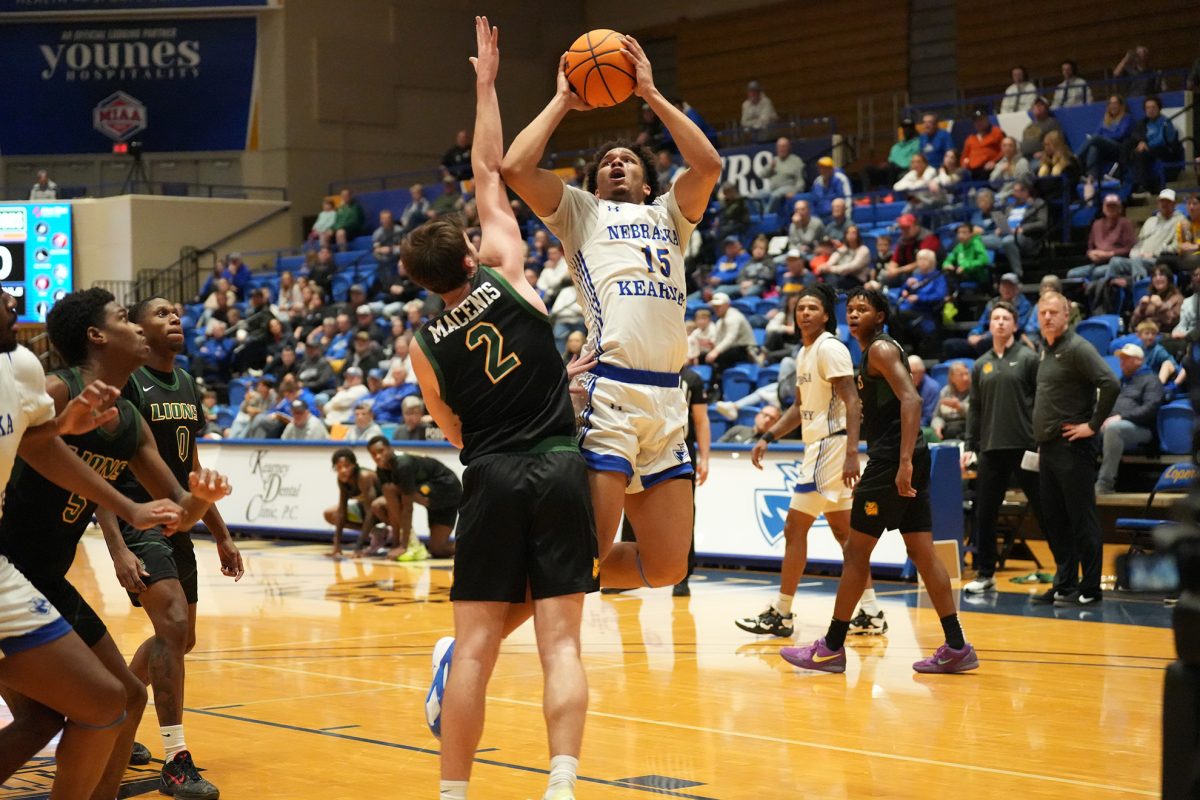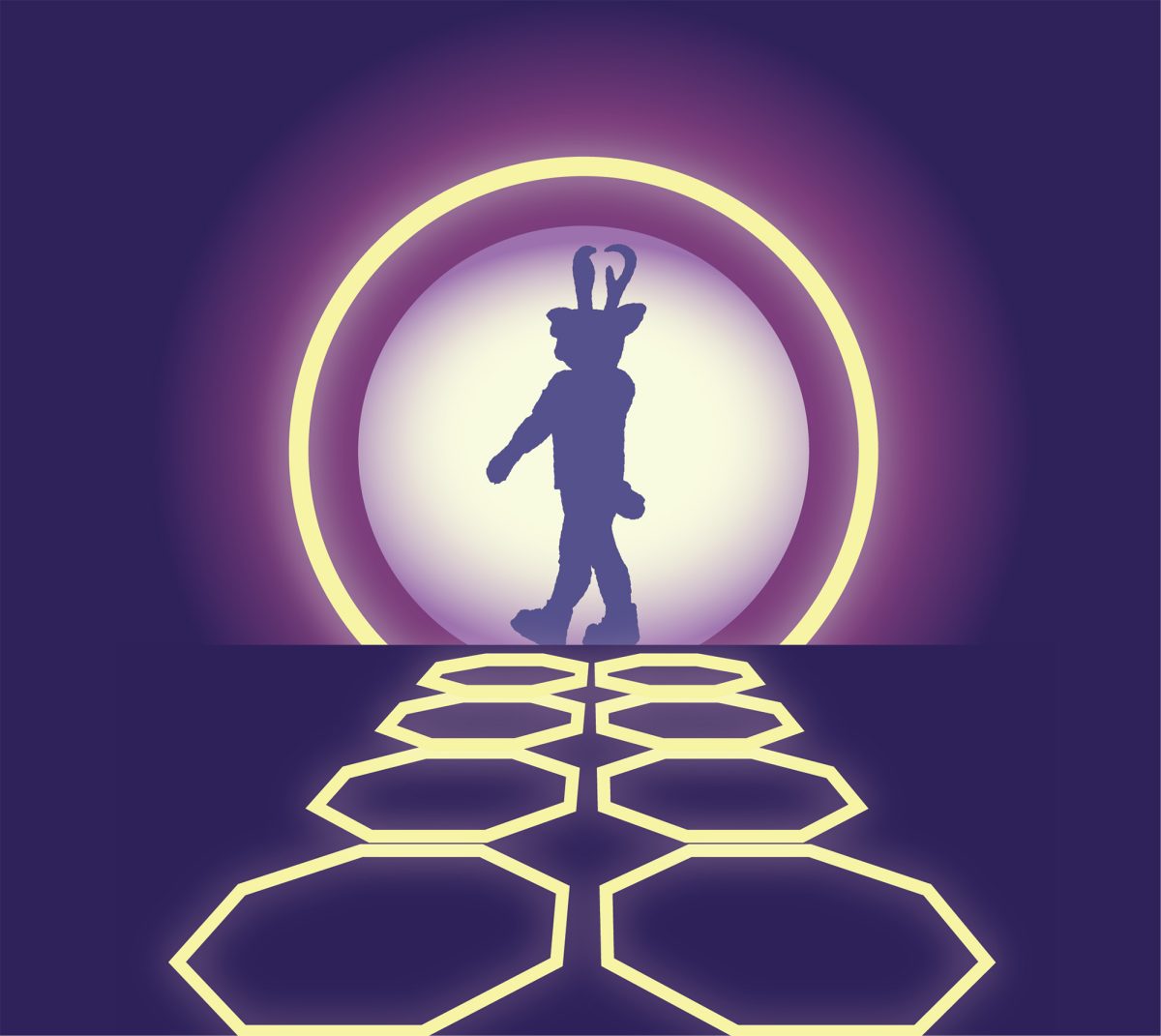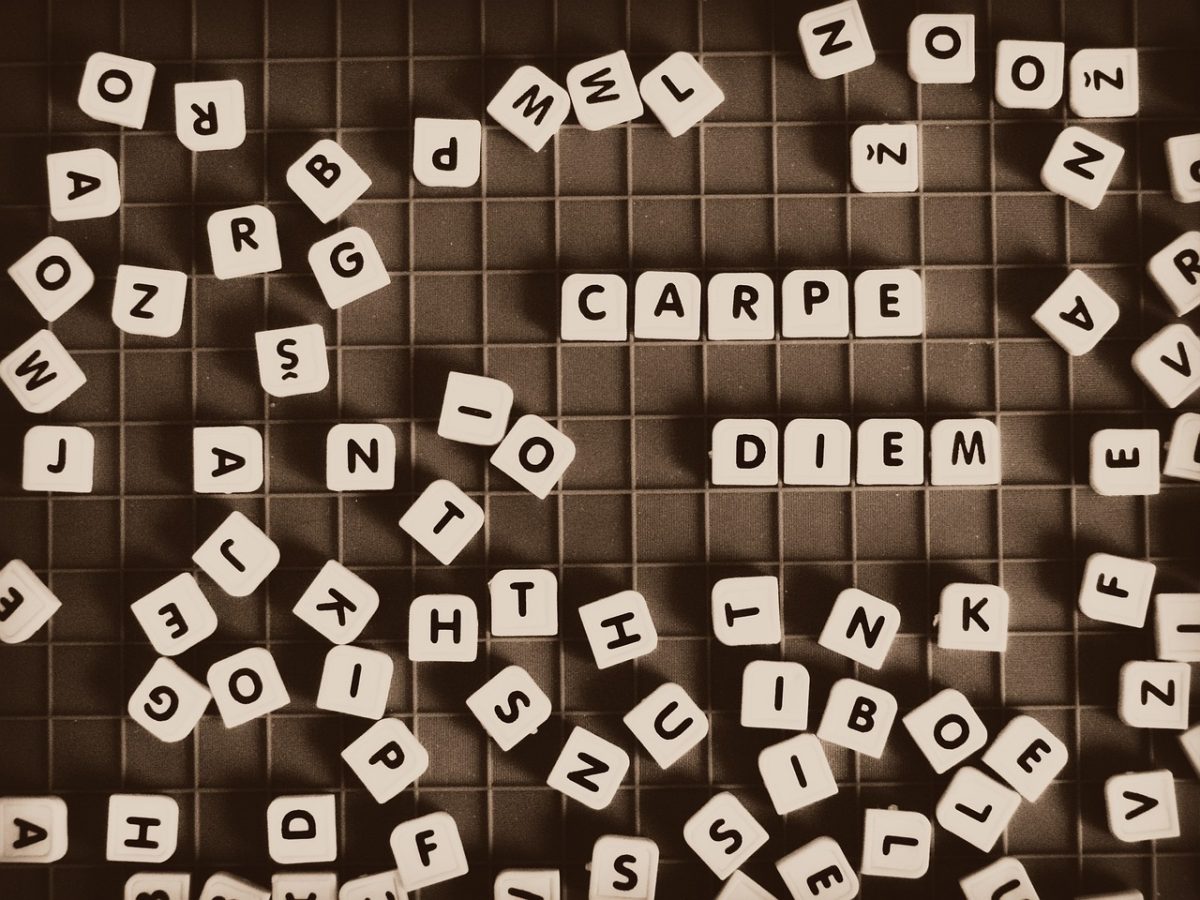When I think back to some of my favorite movies, they always include one significant factor: the renowned actor, Robin Williams. Though his time has tragically passed, he left a remarkable imprint on the film industry. In his many roles, he was a beacon of love, hope and light. Some of the movies I feel inclined to mention are the most existential; they make people think about their lives and the way they live them.
“Good Will Hunting” follows the story of Will, a twenty-year-old math prodigy, and Sean (Robin Williams), a burnt-out middle-aged therapist. Will’s rough upbringing robs him of the opportunity to gain any proper guidance for schooling and achieving his dreams. He ends up getting himself into trouble, which results in him having to consult with Sean, a last-resort therapist.
The movie teaches a few important life lessons. We first learn that love is worth it. There’s a line in the movie where Sean talks to Will about the beauty of vulnerability in love. Sean depicts love as having the courage to selflessly feel for another person. It is fear that will push love away. This is a constant struggle for Will, but by the end of the film, he realizes that he doesn’t have to shield his imperfections and go through life alone.
“Dead Poet’s Society” follows Mr. Keating, an English teacher at an all-boys school in New England. Throughout the movie, Mr. Keating teaches his students many life lessons. Simultaneously, the students also inspire him.
The biggest lesson he teaches them is that life is worth living. He uses the Latin phrase, “Carpe Diem,” quite often, which means to seize the day. The students go on to use this phrase as their mantra in the film. Mr. Keating wants his students to know that their opinions, ideas and words matter; they shouldn’t be afraid to express themselves. It’s hard in life not to care about other people’s opinions or let that shift our thinking; we should always stick to what we believe in. Lastly, he shows his students how to look at things in a different way by standing up on his desk during a lesson. It’s often from a change of perspective that we can reveal something unknown to ourselves.
The film, “Awakenings,” is based on Dr. Oliver Sacks’ book where in 1969 the doctor attempted to administer a drug called “L-Dopa.” This drug was for chronically institutionalized patients suffering from post-encephalitis syndrome, or people who were conscious but unmoving.
Dr. Malcolm Sayer, played by Robin Williams, built a personal connection with one of the victims of the sleeping sickness, Leonard Lowe. Leonard had been trapped in his body for thirty years before he was able to escape his rigidity and exist again. In this film, Leonard is able to experience the beauty and fragility of life, even if it is just for a few mere moments. It is a wonder to see the relationships he makes with others during his time of mobility. The film teaches the viewer a lot about life as a whole, and how each and every experience we have makes up its pieces. It’s important to not take a single second for granted.
I think what makes Robin Williams so genuine in his roles is the fact that it’s hard to tell when he’s acting or being his true self. This is where his talents beam the brightest. It is a wonder and privilege today to be able to experience the light of his life’s work.
Robin Williams once said, “The powerful play goes on and you may contribute a verse. What will your verse be?”
Our lives are meant to leave an impact behind us. Are you living your life the way you want to? What are you doing to make your mark and reach your greatest dreams?

































